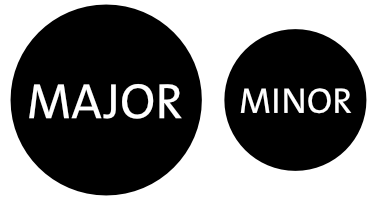Navigation auf uzh.ch
Navigation auf uzh.ch

Today's information and communication systems have a significant impact on the economy and society. They shape and change business processes within organizations, influence the ways in which we work, and open up new areas of business such as e-commerce and electronic services.
You have laid a foundation by completing your Bachelor's studies. At Master's level, you will deepen your knowledge through more practical-oriented work. In the Master's study program in Information Systems, you will broaden and deepen the knowledge you acquired during your Bachelor's study program, with the aim of enabling you to play an active role in shaping the changes that the economy experiences through informatics.
You will combine methods from the spheres of both informatics and management science, allowing you to take a holistic, comprehensive approach toward solving the problems that companies face. The program's emphasis is on the design and management of information systems and IT-based innovations.
As an information systems specialist with a Master's degree, you will have excellent career prospects at the juncture between business and informatics: you will work in demanding roles in business and administration where, as a business analyst for example, you will plan, test and direct the use of IT systems; consult on technical and organizational issues; manage corporate IT departments; create IT-based innovations and business models; or function as a methodically trained specialist.
Moreover, graduates with the right aptitude have the opportunity to complete a doctorate, an outstanding foundation for an academic career.

Major program (90 ECTS credits)Can be combined with the following minor programs: |
|
|
Business and Economics |
Informatics |
| Banking and Finance | Data Science |
| Business Administration | Informatics |
Minor program (30 ECTS credits)Can be combined with the following major programs: |
|
| Business and Economics | Informatics |
| Banking and Finance | Artificial Intelligence |
| Business Administration | Data Science |
| Economics | People-Oriented Computing |
| Management and Economics | Software Systems |